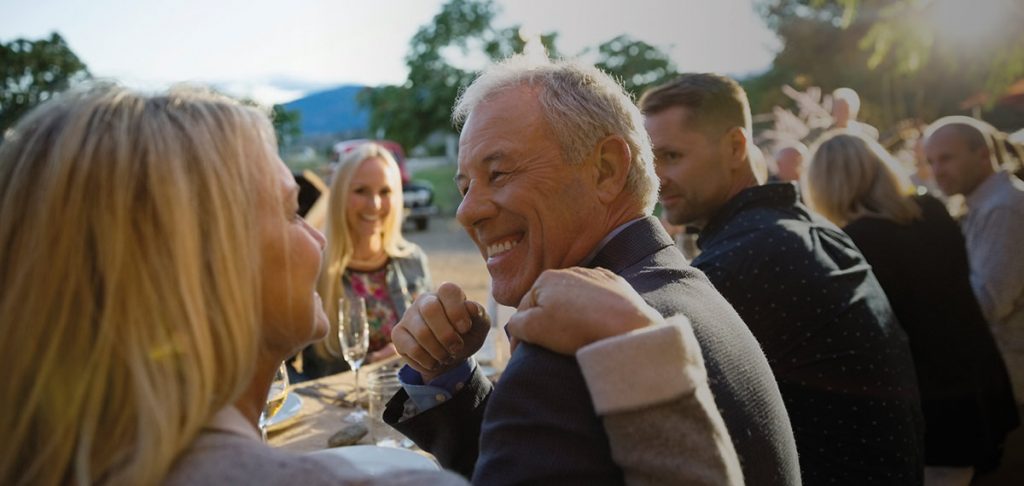Guest blog: 25.2.2020

INDEPENDENT AGING AND FREEDOM
Let’s make it easier!
I couldn’t wait to turn eighteen, legally be an adult and independent of my parents. At least, sort of independent, as I didn’t move out until my studies were finished at 25. Anyway, this feeling of a growing independence is something I cherished, because it’s the core of living life on my own terms.
I guess my parents felt the same as young adults in the 1950’s. Looking back at their senior years from this perspective, I realized something: as my parents aged, they felt this hard earned independence slipping away as their cognitive and physical health deteriorated. My mother in particular, was very stressed and worried when she started have knee problems. Her fear of looking dependent in others made her stay at home, thus neglecting daily light walks and probably aggravating her knee problems.
My dad was and still is a typical Finnish man. He does not complain. Even when the Alzheimer’s disease started to make him dizzy and loose his balance. At some point his sense of direction weakened leading to difficulties in finding the way home. Still, when asked, he never said that something was wrong. Maybe he did not realize the decline in orientational abilities or perhaps he thought that complaining only reveals to others that he is loosing control of his life. We spend our whole lives learning to be independent and take care of ourselves. The thought of relinquishing that responsibility to others must be frightening. But it shouldn’t!
Staying independent
Technology provides assistive devices that help elderly people prolong their independent life. These solutions will also keep family and loved ones assured that the elderly person is safe and has no adverse wellbeing trends.
As I was cleaning up dad’s house (he moved to a sheltered care facility) I found a couple of blood pressure measuring devices. So, he was concerned about his health. Maybe at that point, he would have benefitted more from a smart wristwatch designed for the elderly. A kind of a discreet 24/7 guardian that would monitor his wellbeing. Us kids could have bought it to him as a present or maybe he would have bought it himself. Initially he could have monitored the results by himself, later it would have been very easy to share the information through the genius service that is built around the wristwatch.
A solution for a solution
I think that a smart device like this is one of the best ways to smoothly take care of the fear of losing control and independence. It is a gentle way of saying ”we care about you, but also want help you live your life as independently as you want”. Safety features like programmable safe zones with automatic alert and voice connection ensures real time help, wherever the person is. Respiratory, heart rate and activity monitoring is easily shared to the family members and perhaps later to professional care providers. This is not imagination, it all exists – the wristwatch and the service. The only wish is that my dad or I could buy the solution for our own family-centered use. Later on, as dad’s condition got worse, it would be easy to involve a care organization assist to our caring clan. Right now, the service always comes with an alarm receiving center service provided by the care organization. Hey Navigil, please make your service and watch available to care clans too.
Design enthusiast, health writer and oldest son.
”Dad was my first hero”


